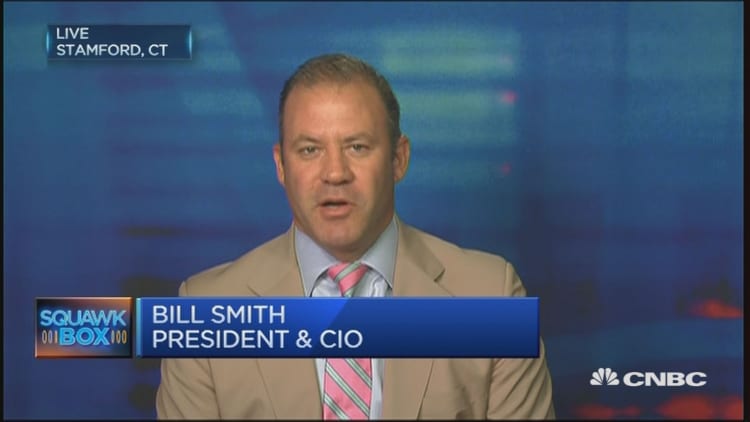
Goldman Sachs is doing something the bank hasn't done since before the global financial crisis: it's raising a leveraged buyout fund.
Long after Goldman's competitors jettisoned private equity teams and hedge funds, the most profitable bank on Wall Street is raising between $5 billion and $8 billion to do take-privates — and all under a brand other than Goldman's, according to a Wall Street Journal report. Leveraged buyout funds acquire companies using large amounts of borrowed money, or leverage.
After raising a $20 billion fund in 2007 under the Goldman name, this time the bank will call its LBO fund West Street Capital Partners, according to the Journal's report. Goldman's new headquarters is on West Street in lower Manhattan.
A spokesman for the bank was not available for comment Friday morning.
Goldman is looking to raise a new LBO fund at a heady point for U.S. markets, but less so for private equity firms.
In the wake of underperformance by industry stalwarts in recent years, more investors in private equity funds have challenged the traditional 2-and-20 price model under which LBO firms operated for years. Private equity limited partners would typically charge their investors 2 percent of the capital they managed, and would also take 20 percent of the returns. More recently, a competitive fundraising environment has forced even the most successful private equity firms to rethink their fee strategy.
Most Wall Street banks long ago sold off or spun out their in-house private equity firms, which were easily fueled with capital in the years leading up to the global financial crisis.
Now, money isn't so easy to come by. Post-crisis regulation requires that no more than 3 percent of an LBO fund's cash comes directly from the bank itself, meaning that the overwhelming majority of the fund Goldman is running will have to come from outside investors. Goldman is looking to raise up to $500 million from its own employees, which would not count against any 3 percent requirement, the Journal reported.
Requirements on how much of the bank's own money it can use aren't the only things that may hold back the Goldman fund's spending power.
Beyond regulations applied to how banks can raise funds internally, Wall Street's top banks are restricted in how much they can allocate to a private equity fund on a deal-by-deal basis. Some on Wall Street have complained that it gives corporate mergers and acquisitions teams, which are not subject to the same leverage restrictions, an unfair advantage.


